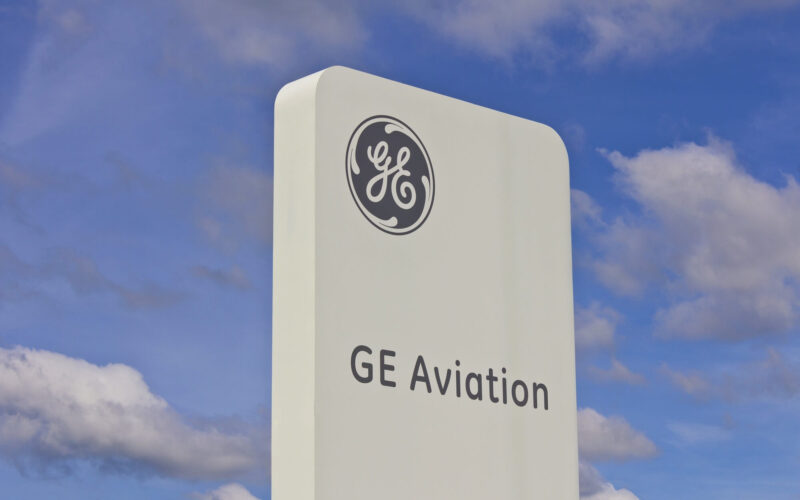GE Aviation is failing to deliver turbofan engines dedicated to powering Boeing and Airbus aircraft on time, with the company citing challenges in the global supply chain for the disruption to production.
Speaking to investors during an executive meeting on July 26, 2022, GE Aviation’s CEO Lawrence Culp explained that as the industry faces “an unprecedented ramp” in demand as the pandemic begins to ease, “coupled with labor and material shortages” the manufacturer is unable to deliver the right number of engines in line with the agreed client schedule.
“Our major airframer customers need more engines from us than we are providing. The supply chain challenges in the aerospace industry are far broader than any one commodity,” the CEO was cited as saying by FlightGlobal.
Culp also said that the manufacturer remains in close contact with suppliers in a bid to increase engine production rates.
Most discussions concern Leap high-bypass turbofan engines used to power Boeing 737 MAX and Airbus A320neo family aircraft.
According to the company’s lates financial update, released by GE Aviation on July 26, 2022, CFM International, which GE Aviation co-owns with Safran Aircraft Engines, delivered 226 Leap turbofan engines during Q2 2022, compared to 211 engine deliveries the company made in Q2 during the previous year.
CFM International managed to deliver more than 465 Leap turbofans in H1 2022 compared to 399 engines in H1 2021.
But these figures do not look promising when compared to the number of Leap engines delivered before the global pandemic, with CFM International delivering 861 during the same period in 2019.
However, GE Aviation manages to end Q2 2022 with a $1.1 billion profit compared to $176 million during the same period in 2021.

